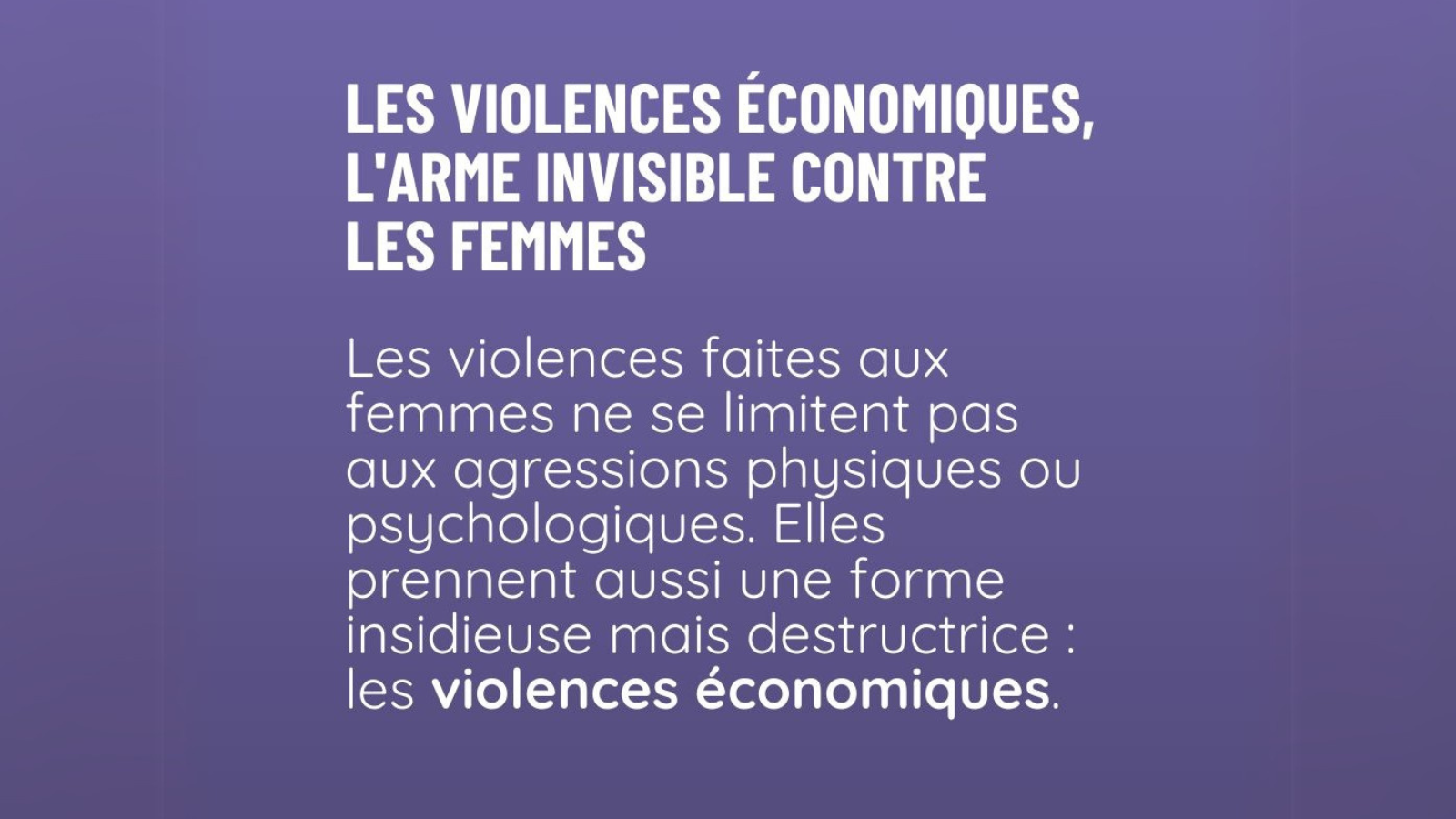Violence against women is not limited to physical or psychological aggression. It also takes a more insidious, but equally destructive form: economic violence. Controlling financial resources, restricting access to employment, refusing to pay alimony, maintaining economic dependence, all these strategies contribute to a patriarchal domination that traps too many women in precariousness. Beyond material insecurity, they keep women in a spiral of stress and anxiety that can affect their mental health.
COFACE Families Europe’s member based in Belgium, The Ligue des familles and nine other organizations are calling for a universal and automatic alimony fund, based on the French or Quebec model, through which all alimony claims would pass – not just unpaid situations.
Violence within the couple and post-separation
Economic violence often begins within the couple, where money becomes an instrument of power. The abuser monitors spending, prevents his partner from accessing a bank account or working, plunging her into total dependence. After the separation, this hold persists.
In Belgium, almost one in two women who are entitled to child support do not receive it regularly. Too many fathers use money as a means of coercion, refusing to pay and thus keeping their ex-partners in a situation of economic fragility.
These fathers refuse to relinquish control of the household budget. They are convinced that their ex-partners will misuse their money, that they will overestimate the expenses needed for the children and ask them for an unfair financial contribution.
In view of this, the introduction of a single, compulsory calculator for the amount of maintenance payments is essential to limit post-separation financial disputes. A better understanding of the calculation will contribute to better payment.
Read the full statement here





